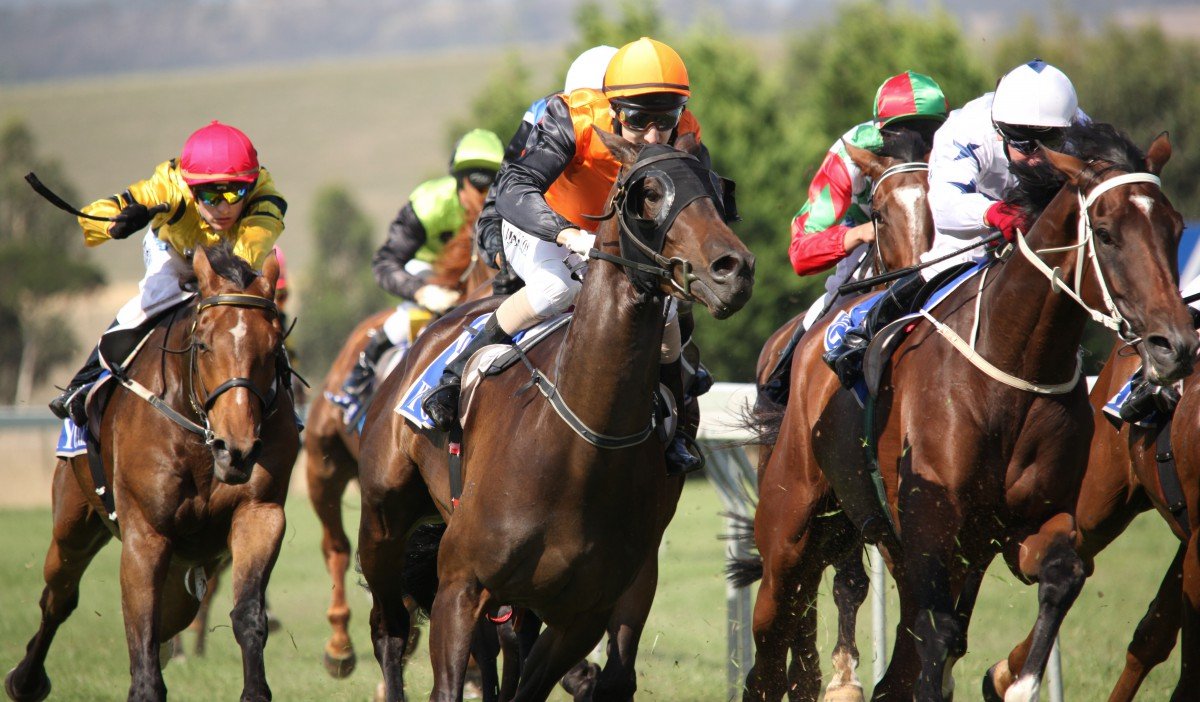Posted on: August 23, 2022, 07:28h.
Last updated on: August 23, 2022, 09:19h.
Not too long ago, Australia’s Northern Territory Racing Commission (NTRC) had a dim view of cryptocurrencies. It didn’t believe they had a place in gambling. But the country’s sports betting license authority is apparently now looking at them differently.
Many naysayers thought that bitcoin (BTC) wouldn’t last five years. That was 11 years ago. Today, despite a number of issues, digital currencies continue to dig in deeper and are becoming more acceptable.
Australia’s NTRC is responsible for issuing sports betting licenses across the country. While it may not quite be ready to pull the trigger on crypto gambling, it’s at least willing to learn what operators think of the idea.
Almost five years ago, the NTRC told sports betting operators to stay away from cryptocurrency. The general idea among the crypto-averse is that it’s just a passing fad. However, more countries are beginning to embrace the fad, giving it greater legitimacy.
El Salvador, Colombia, the UK, and even Australia – as well as plenty of others – have either changed or are changing their stance on digital currencies. Because gambling and crypto have long held a successful symbiotic relationship, they have proven that bitcoin and others can play a legitimate role in the financial ecosystem.
In order to determine what Australia’s sports betting operators think of the idea, the NTRC is looking for their feedback. It recently published draft regulations for the use of crypto in sports betting, responding to an increase in interest. A number of sportsbooks across the globe, including DraftKings, would welcome the idea.
The draft is just that – it’s not the final outline, nor is it any type of guarantee that the NTRC is ready to put its support behind crypto. However, it’s an opportunity for operators to weigh in and state their position on the topic, as well as provide input on additional measures they would like to include.
The NTRC expects to learn if operators would allow their users to make deposits and withdrawals in crypto, as well as use them directly for placing bets. Operators can start submitting their feedback now, and have until September 29 to speak up.
Despite the enormous price drops in BTC, ethereum, and others have seen this year, the fallout isn’t altogether horrible. Since their inception, cryptocurrencies have seen price fluctuations. However, these dips are independent of the validity of digital currency as an alternative to traditional fiat.
In fact, the recent crash has been a major catalyst for change. It has propelled a number of governments to take regulatory action, which will help crypto mature and gain more legitimacy.
In addition, while traders cursed the price drops and their losses, crypto gambling has increased. There are now more online gaming sites than ever that accept digital currency, and the number is growing.
The European Union, the US and other jurisdictions are responding. Australia is, as well. As the NTRC announces its interest in considering crypto gambling, the country is beginning to establish its own crypto regulatory framework.
This week, Australia Treasurer Jim Chalmers announced that the government is going to launch token mapping. This initiative will catalog all of the types of crypto available in the country, as well as their uses.
With the increasingly widespread proliferation of crypto assets — to the extent that crypto advertisements can be seen plastered all over big sporting events — we need to make sure customers engaging with crypto are adequately informed and protected,” said Australia Treasurer Jim Chalmers.
Chalmers highlighted that this is the definitive first step toward crypto regulation in the country. Most crypto supporters shun the idea of regulation. However, it’s a part of the equation that they’re not going to be able to prevent.
Your email address will not be published.
Casino.org is the world’s leading independent online gaming authority, providing trusted online casino news, guides, reviews and information since 1995.

